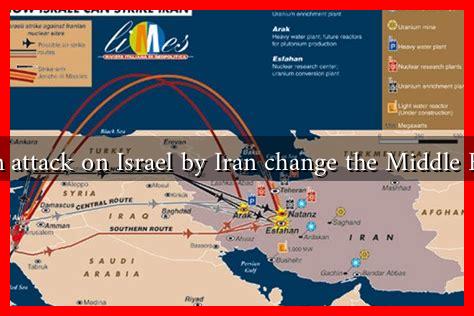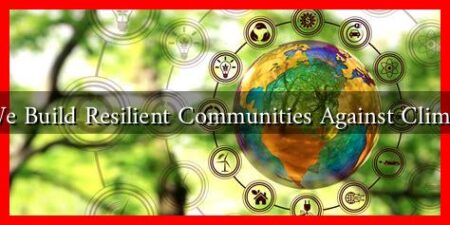-
Table of Contents
How Would an Attack on Israel by Iran Change the Middle East Dynamics?
The Middle East has long been a region characterized by complex geopolitical relationships, historical grievances, and ongoing conflicts. An attack on Israel by Iran would not only escalate tensions between these two nations but also significantly alter the dynamics of the entire region. This article explores the potential ramifications of such an attack, examining military, political, and economic implications.
The Military Landscape: Escalation of Conflict
Iran’s military capabilities have grown significantly over the past few decades, with advancements in missile technology and asymmetric warfare strategies. An attack on Israel could lead to a series of military escalations, including:
- Direct Military Engagement: An Iranian attack could provoke a direct military response from Israel, potentially leading to a full-scale war.
- Regional Proxy Wars: Iran’s support for militant groups like Hezbollah in Lebanon and Hamas in Gaza could lead to increased hostilities in these areas, drawing in other regional players.
- U.S. Involvement: Given Israel’s strategic alliance with the United States, an attack could compel U.S.
. military intervention, further complicating the situation.
For instance, during the 2006 Lebanon War, Israel engaged in extensive military operations against Hezbollah, which is backed by Iran. A similar scenario could unfold, leading to widespread destruction and loss of life.
Political Ramifications: Shifting Alliances
The political landscape of the Middle East is already fraught with tension, and an Iranian attack on Israel could lead to significant shifts in alliances:
- Realignment of Arab States: Countries like Saudi Arabia and the UAE, which have been normalizing relations with Israel, may reconsider their positions in light of a direct Iranian threat.
- Strengthening of Anti-Iran Coalitions: An attack could galvanize a coalition of nations against Iran, potentially leading to a more unified front among Israel and its allies.
- Increased Support for Palestinian Groups: Iran may gain support from other nations sympathetic to the Palestinian cause, complicating the Israeli-Palestinian conflict further.
For example, the Abraham Accords, which normalized relations between Israel and several Arab nations, could face significant challenges if Iran’s aggression prompts a reevaluation of these agreements.
Economic Consequences: Regional Instability
The economic implications of an Iranian attack on Israel would be profound, affecting not only the countries directly involved but also the broader Middle Eastern economy:
- Disruption of Oil Supplies: Iran’s strategic position in the Strait of Hormuz, through which a significant portion of the world’s oil supply passes, could lead to disruptions in oil shipments, causing global oil prices to spike.
- Impact on Trade Routes: Increased military activity could threaten vital trade routes, further destabilizing regional economies.
- Humanitarian Costs: The economic fallout from military conflict would likely lead to humanitarian crises, requiring international aid and intervention.
According to the U.S. Energy Information Administration, any significant disruption in oil supply could lead to price increases of 20% or more, affecting economies worldwide.
Conclusion: A New Era of Uncertainty
An attack on Israel by Iran would undoubtedly change the dynamics of the Middle East, leading to military escalations, political realignments, and economic instability. The potential for a broader conflict involving multiple nations raises the stakes significantly. As the region grapples with these challenges, the international community must remain vigilant and proactive in seeking diplomatic solutions to prevent further escalation.
In summary, the implications of an Iranian attack on Israel extend far beyond the immediate conflict, affecting regional stability, international relations, and global economic conditions. Understanding these dynamics is crucial for policymakers and citizens alike as we navigate this complex geopolitical landscape.
For further reading on Middle Eastern geopolitics, consider exploring resources from the C-SPAN Middle East Geopolitics Archive.





